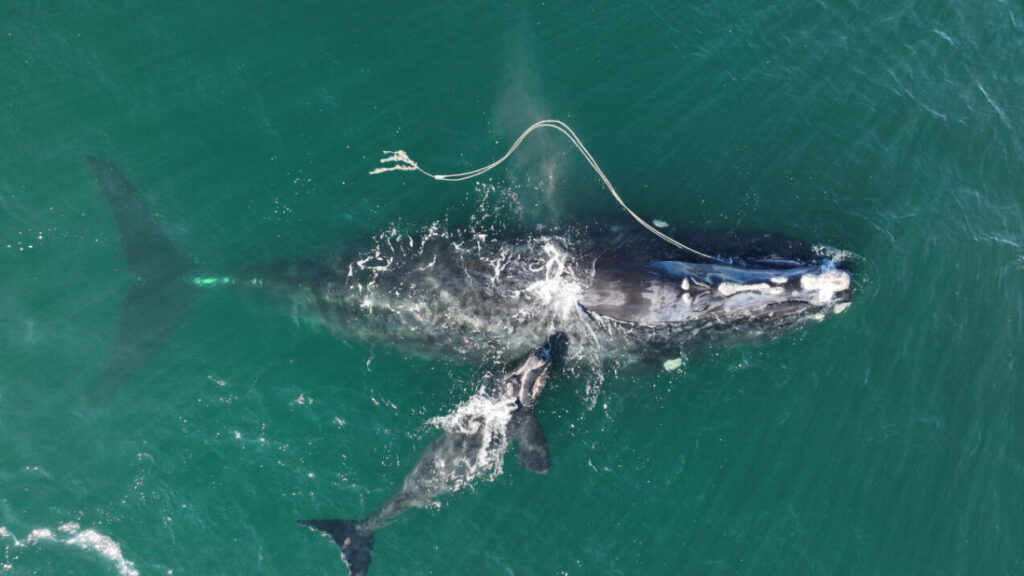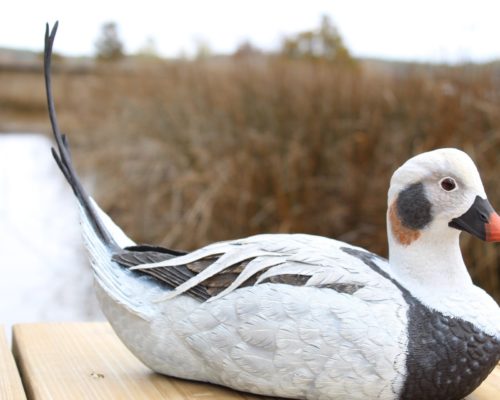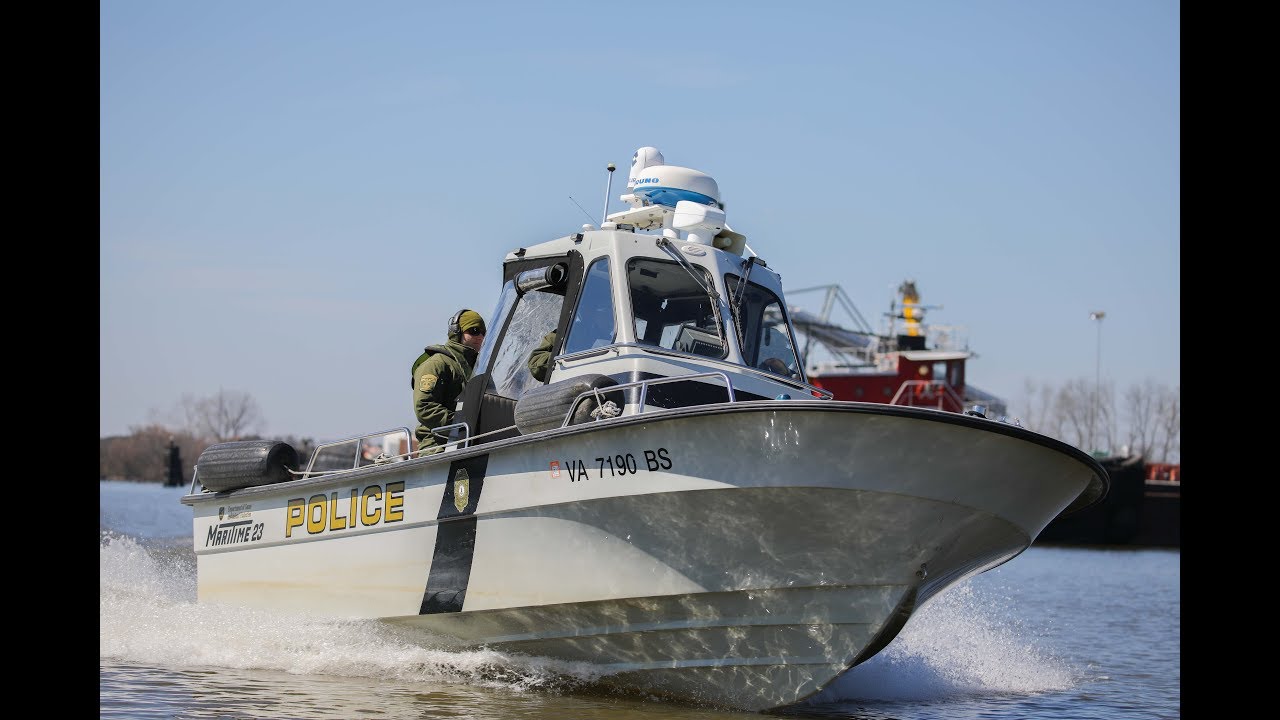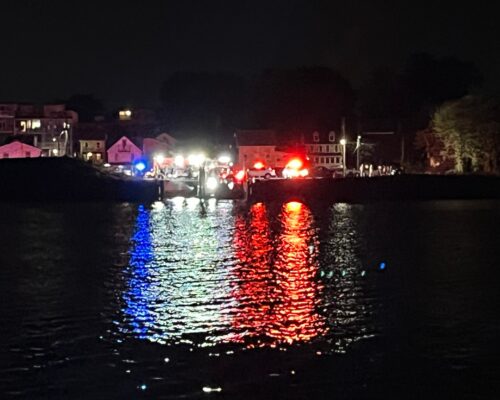An oversight hearing held on Capitol Hill this week brought the boating industry and ocean conservationists face to face over a controversial plan to extend 10-knot offshore speed limits to boats as small as 35 feet.
The U.S. House Committee on Natural Resources’ Subcommittee on Water, Wildlife and Fisheries held the hearing titled “Examining the impacts of the National Oceanic and Atmospheric Administration’s (NOAA) proposed changes to the North Atlantic Right Whale Vessel Strike Reduction Rule.”
NOAA is proposing changes to current speed restrictions to protect endangered North Atlantic right whales from vessel strikes. Right now, the mandatory 10-knot speed restriction includes vessels 65 feet and larger; that would expand to include boats 35 feet and larger. The existing Seasonal Speed Zones would also cover larger areas.
The agency is acting on an increasingly dire situation for right whales. This extremely endangered species has less than 350 individuals remaining and an Unusual Mortality Event has been ongoing since 2017.
In defense of the proposed action, NOAA Deputy Administrator Janet Colt pointed out that as we are nearing the 50th anniversary of the Endangered Species Act, no animal under its protection has gone extinct.
And this rule would help keep it that way, Conservation Science Associate Vice President Ocean Jessica Redfern said. She explained that expanding the speed restrictions to 35 feet is necessary because “at least four of the 13 documented lethal vessel strikes in US waters since 2008, involved vessels smaller than 65 feet.”
But the National Marine Manufacturers Association (NMMA) said the proposed speed restrictions would be “devastating” for the $230 billion recreational boating and fishing industry, citing 314,000 jobs that would be in danger.
In the hearing, Frank Hugelmeyer, President and CEO of NMMA, said the 10-knot limit would be dangerous for boats traveling offshore. “[It is] essentially requiring Americans to risk their vessels and their own lives in unpredictable seas by going the speed of a bicycle,” he testified.
The American Pilots Association agreed. Executive Director Clayton Diamond told the committee it’s dangerous transferring pilots between boats and ships, and sometimes speed becomes a good faith safety decision.
Fred Gamboa, an offshore fishing captain from New Jersey, said safety is his concern, too. “Line of sight and maneuverability are optimized when my bows are on a plane at well above 10 knots. Speed provides me with the ability to monitor approaching weather conditions and react by returning to the dock before conditions become hazardous.”
Gamboa estimated that a 10-knot speed limit would result in a direct loss of over 70 trips with an estimated economic loss of over $140,000 for his business. He wants more time for the involved parties to figure out another solution to protect the whales.
He also expressed privacy concern about NOAA’s intended use of the Automatic Identification System (AIS) navigation tool to enforce the vessel speed rule on recreational boats. AIS is used as a collision avoidance tool. It’s possible boaters would disable their AIS to avoid being caught speeding, increasing the risk of vessel collisions.
As for next steps, Colt pointed out that there was a public comment period for the proposed rule, which closed Oct. 31, 2020. NOAA received over 90,000 comments that will be used to “inform NOAA’s final action.”
Redfern said the new rule would help female right whales and their calves, who spend time resting at the surface where boat strikes often happen. Protecting mother whales is a most effective way to restore the population, according to Redfern. “Females have incredible reproductive potential…If we stop killing them, they can come back and we can prevent their extinction.”
-Meg Walburn Viviano & Dorothy Hood




